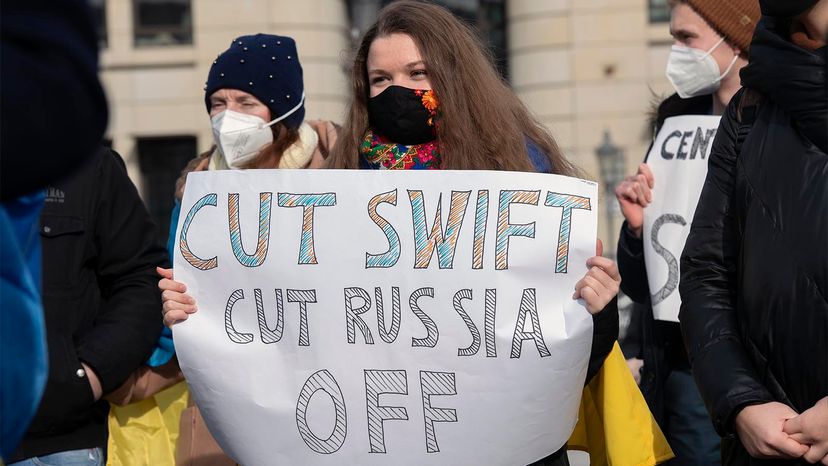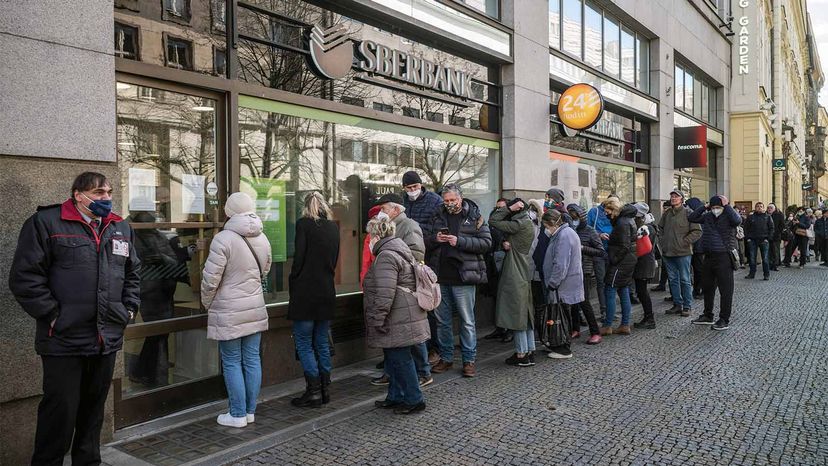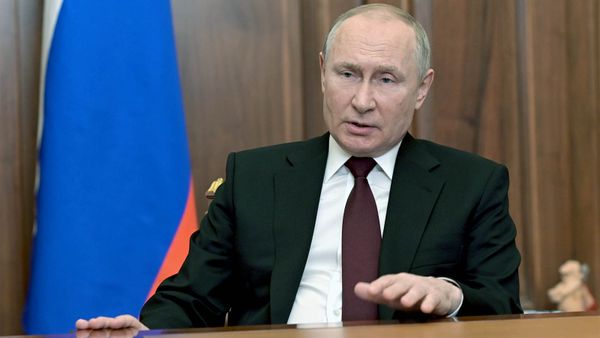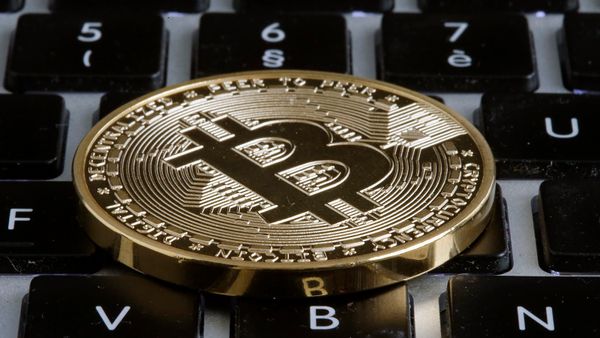
UPDATE: On Feb. 26, 2022, the Biden Administration announced that the U.S., European nations and Canada had reached an agreement to disconnect select Russian banks from the SWIFT system.
In response to Russia's invasion of Ukraine, President Joe Biden — and other European world powers — announced sweeping sanctions against Russia, including:
Advertisement
- freezing several Russian banks' assets in the U.S. financial system
- restricting the ability of Russia's largest institution, Sberbank, to make transactions in dollars
- banning Russian government-owned banks and businesses from selling their debt on U.S. markets
- imposing personal financial and travel bans on more than a dozen billionaire oligarchs with ties to Russian president Vladimir Putin
- freezing foreign assets of Putin, his foreign minister, Sergei Lavrov, and the defense minister, Sergei Shoigu, in the EU, U.S. and U.K.
- banning Russian airlines and private jets from U.K. and EU airspace
But the Biden administration and European allies had held off on one measure that many were calling for them to take against Russia and Putin. They hadn't yet cut off Russian banks from SWIFT, a system that banks use to communicate with one another across the world, until Saturday, Feb. 26. That's when the U.S., European nations and Canada reached an agreement to disconnect select Russian banks from the SWIFT system.
"We commit to ensuring that selected Russian banks are removed from the SWIFT messaging system," the leaders of the European Commission, France, Germany, Italy, the United Kingdom, Canada and the United States said in a joint statement. "This will ensure that these banks are disconnected from the international financial system and harm their ability to operate globally."
Removing Russian banks from SWIFT is just one more restrictive economic measure world powers are taking to hold Russia accountable to "ensure that this war is a strategic failure for Putin," the statement said. But what is SWIFT, anyway? And how potent of a weapon is it in punishing Russian aggression?
Advertisement



